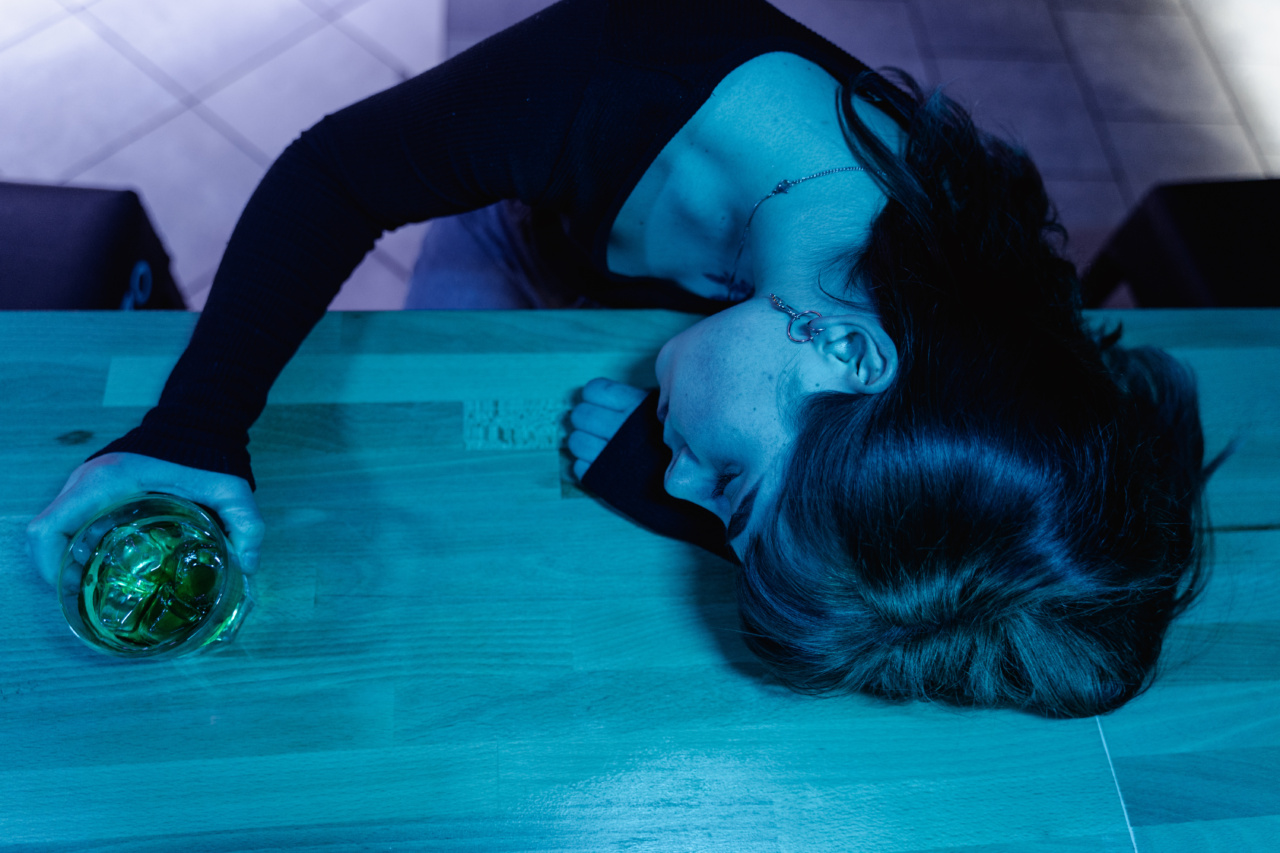Alcohol is one of the most commonly used substances for relaxation, socialization, and enjoyment.
According to the National Survey on Drug Use and Health (NSDUH), about 67% of adults reported drinking alcohol at some point in their lifetime, while 56% have drank within the past month. Although moderate drinking is generally safe for most adults, excessive alcohol consumption can have negative consequences on your health, including impaired sleep quality and duration.
How Does Alcohol Affect Sleep?
Many people believe that alcohol helps them sleep better, but research has shown otherwise.
Although alcohol can induce drowsiness and make you fall asleep faster, it negatively impacts sleep quality and duration, leading to daytime fatigue, concentration problems, and other health issues.
Here’s how drinking alcohol affects different stages of sleep:.
1. Decreased REM Sleep
Rapid eye movement (REM) sleep is a crucial stage of sleep that plays a vital role in memory consolidation, learning, and emotional regulation.
However, alcohol consumption suppresses REM sleep, reducing the amount and quality of this critical stage of sleep. This can result in fragmented or interrupted sleep, causing grogginess and memory problems the next day.
2. Disturbed Sleep Patterns
Alcoholism and binge drinking can significantly impact circadian rhythms, the body’s internal clock that regulates sleep-wake cycles and other biological processes.
Drinking alcohol before bedtime can disrupt this system, altering the natural sleep patterns and leading to poor sleep quality. People who drink excessively or chronically may experience frequent awakenings, nightmares, and other sleep disturbances due to alcohol’s impact on the nervous system.
3. Increased Snoring and Sleep Apnea
Drinking alcohol can make the muscles in your throat and airway relax, which can lead to snoring and even sleep apnea.
Sleep apnea is a potentially serious sleep disorder characterized by loud snoring, pauses in breathing or gasping for air during sleep. This condition has been linked to an increased risk of heart disease, stroke, diabetes, and other health issues.
4. Increased Nighttime Urination
Alcohol is a diuretic, which means it increases urine production and can cause increased nighttime urination.
Typically, the increase in urine production occurs after the initial effects of alcohol have worn off, meaning you may wake up in the middle of the night to use the bathroom.
5. Decreased Sleep Quality and Duration
Overall, alcohol’s effects on sleep are widespread and unpredictable, leading to reduced sleep quality and duration.
Even low-to-moderate amounts of alcohol consumption can lead to disruptions in sleep, lower sleep efficiency, and increased wakefulness during the night.
Conclusion
While the occasional drink may not significantly impact sleep quality, excessive or prolonged alcohol consumption can lead to significant sleep disturbances and other health problems.
To improve your sleep quality and duration, limit your alcohol consumption or avoid it altogether, especially in the evening and before bedtime. If you’re struggling with alcohol abuse or sleep disorders related to alcohol use, seek professional help and medical attention to address any underlying issues and improve your overall health and well-being.






























